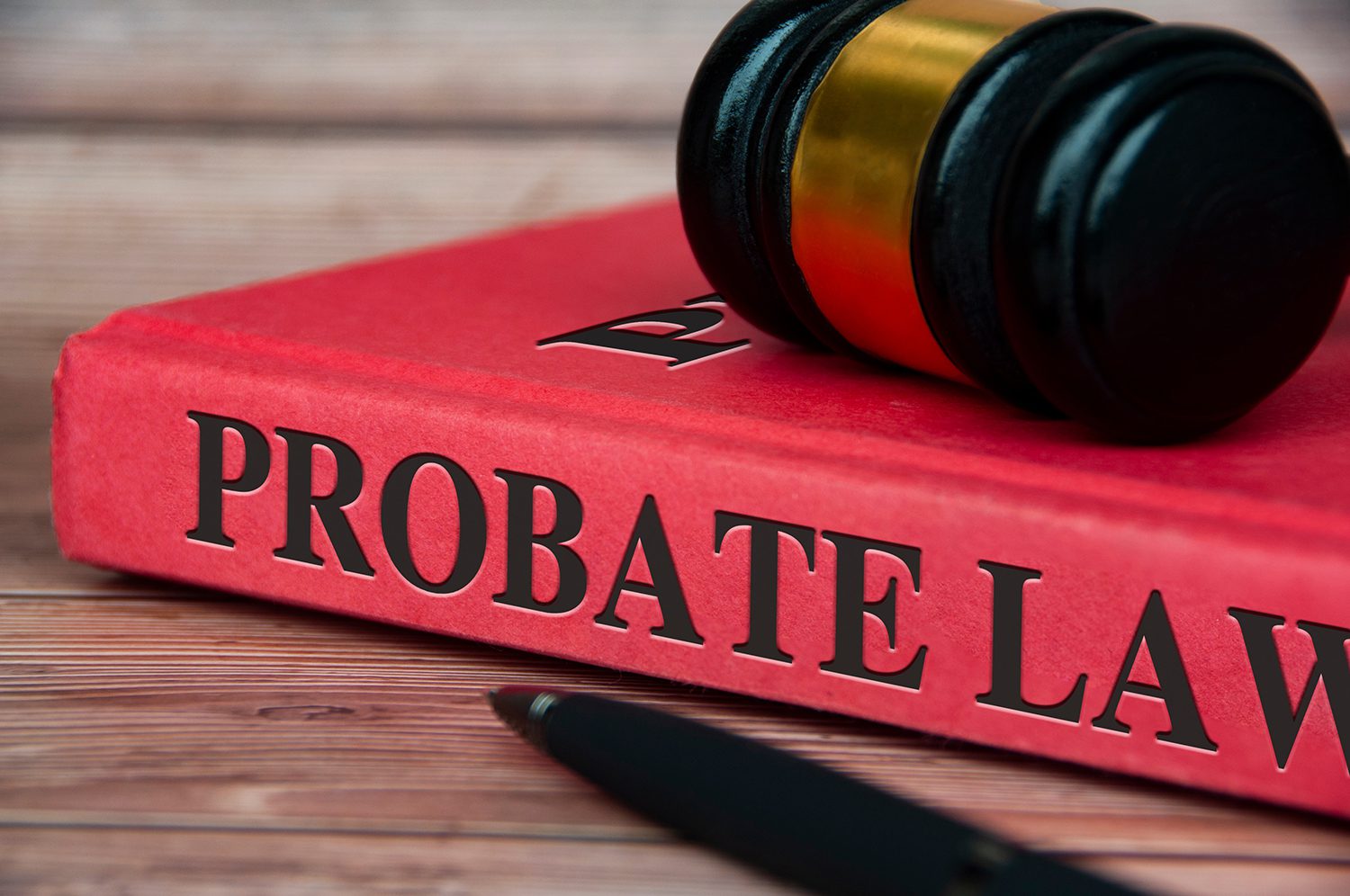When it comes to estate planning, there are many legal terms involved that can cause confusion. If you are attempting to take a DIY approach without help from an experienced probates and estates attorney, you’re likely going to have a lot of questions.
The term “tenants in common,” as well as the term “joint tenancy”—both of which refer to ways real estate property ownership may be structured—are two that often raise questions for those outside the legal world. That’s why we’re dedicating today’s blog post to explaining this terminology in a little more detail. Both ownership structures have benefits and drawbacks, and they affect how property is transferred to heirs.












